The Stock Market Boom and Crash of 1929 Was Not a Bubble: A Book of Readings
$31.60
| Author(s) | |
|---|---|
| Format |
|
| Pages |
147 |
| Published Date |
2019 |
In the aftermath of the stock market crash of 1929, Yale University Economics Professor Irving Fisher remained steadfast in his view that the boom in prices had been warranted, pointing to the myriad innovations of the 1920s, including the introduction of the electric unit drive and utility-supplied power. Dismissed by most, this view has since given way to Alan Greenspan’s view of irrational exuberance. The Stock Market Boom and Crash of 1929 Was Not a Bubble presents a series of contemporary and period writings which rehabilitate the fundamentals view, showing why Irving Fisher was right. Whereas Fisher was unable to provide a convincing narrative for the crash, these writings point to the Hoover Administration’s tariff initiative, the Smoot-Hawley Tariff Bill, as the key element which contributed to both the boom and the crash.
Contents:
- The Stock Market Crash and After
- The 1929 Stock Market: Irving Fisher Was Right
- Discriminating Between Tariff-Based Theories of the Stock Market Crash of 1929 Using Event Study Data
- Electrification, The Smoot-Hawley Tariff Bill and the Stock Market Boom and Crash of 1929: Evidence from Longitudinal Data
- Measures of Change in Mechanization
- New Levels in the Stock Market
- Summary and Conclusions
The Stock Market Boom and Crash of 1929 Was Not a Bubble: A Book of Readings By Bernard C. Beaudreau pdf
Only logged in customers who have purchased this product may leave a review.



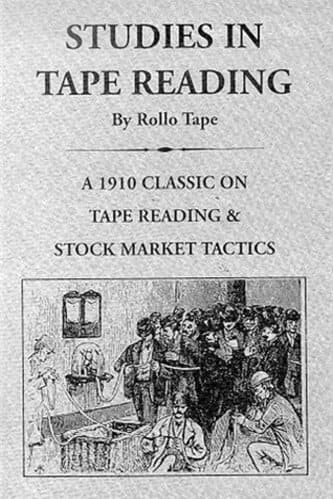
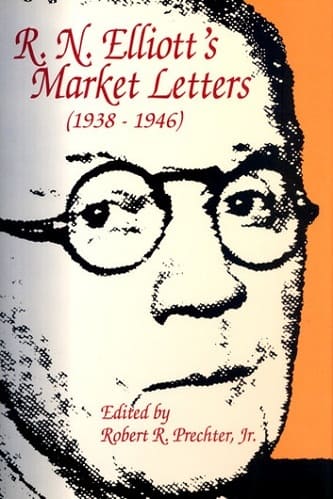
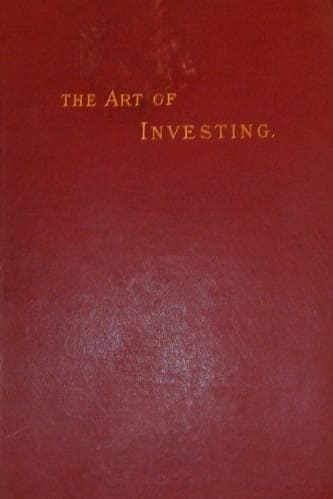
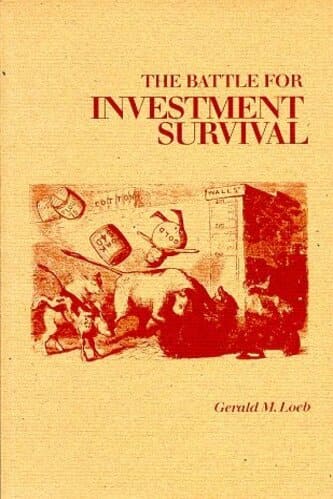
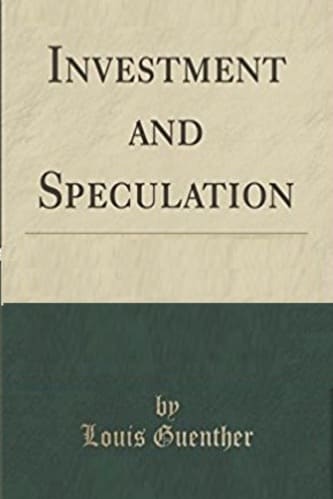

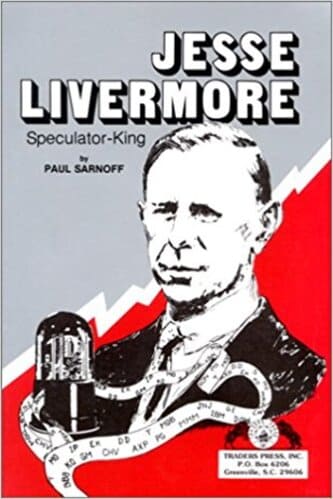
Reviews
Clear filtersThere are no reviews yet.